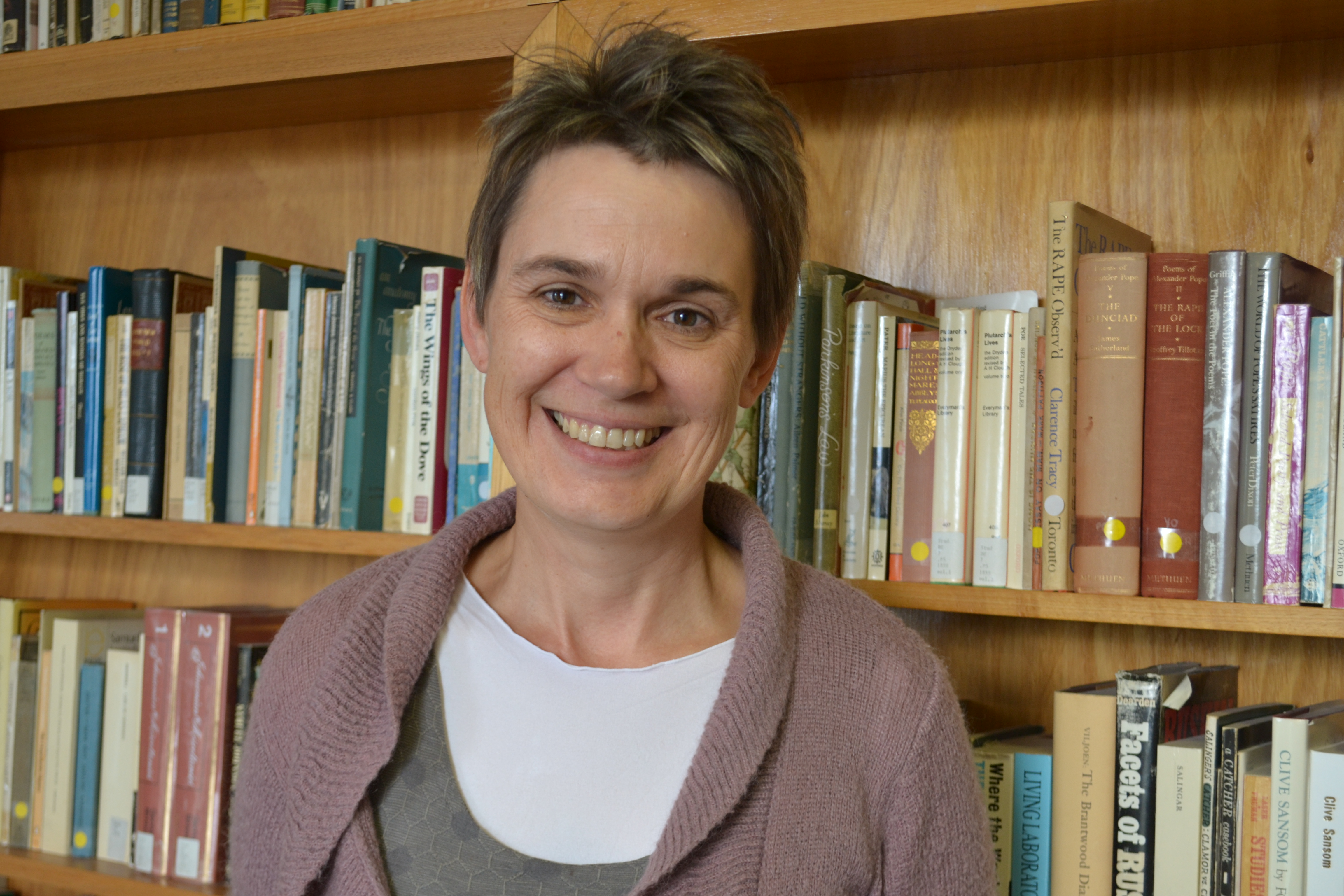
Enhancing the role of Antarctic gateway cities, especially Hobart, will be the focus of University of Tasmania's Australian Research Council (ARC) Future Fellow Associate Professor Elizabeth Leane, over the next three years.
Supported by a recently announced ARC Linkage grant, led by Associate Professor Juan Salazar and administered by Western Sydney University, Associate Professor Leane will study the relationship of three key Antarctic gateway cities – Hobart, Christchurch (New Zealand) and Punta Arenas (in Chile) – with Antarctica and with each other.
The research is a partnership between the University of Tasmania, Western Sydney University, Hobart City Council, Antarctic Tasmania and key partners also in New Zealand and Chile.
The study has a strong community and youth engagement angle and aims to eventually select students from each city for the unique experience of attending a youth forum in the Antarctic.
Associate Professor Leane, whose ARC Fellowship research focuses on integrating the Humanities into Antarctic studies, said she was excited to receive the grant worth close to $390,000.
"For me it is fantastic as it's the first ARC Linkage grant I have had and I think it's less usual for Humanities projects to be successful," she said.
The project called 'Antarctic cities and the global commons: rethinking the gateways,' aims to look at each city as more than just a gateway for northern traffic to Antarctica.
"We want to help reframe the way these cities see themselves in relation to each other and Antarctica," she said.
"We want the cities to see themselves geographically as a southern rim rather than individual, far-flung ports handling traffic from the north and for citizens to engage with and act as custodians of this place (Antarctica) they are near neighbours with," she said.
"We want to show the Antarctic not just as a natural or scientific place but as a social and cultural place too."
The immediate goals of the project include establishing an Antarctic connectedness index showing the nature of each city's relationship to Antarctica and setting up a sustainability index for each city (including political, cultural, economic and ecological factors), to get an idea of each city's sense of self.
The indexes will eventually be useful to inform polar programs and local city councils.
The project will also include a strong focus on community engagement, particularly with youth, with the establishment of an online 'serious game' to engage young people from each of the cities in issues facing Antarctica.
"Eventually we hope to select one young person from each city and invite them to develop a youth forum that serves as a platform for young people to voice out their interests and concerns about the Antarctic," Associate Professor Leane said.
"And while it's not something we can achieve in this grant, we also hope to eventually get young people of the cities together on some regular basis."
The research will also be used as a basis for a book co-authored by Associate Professor Leane.